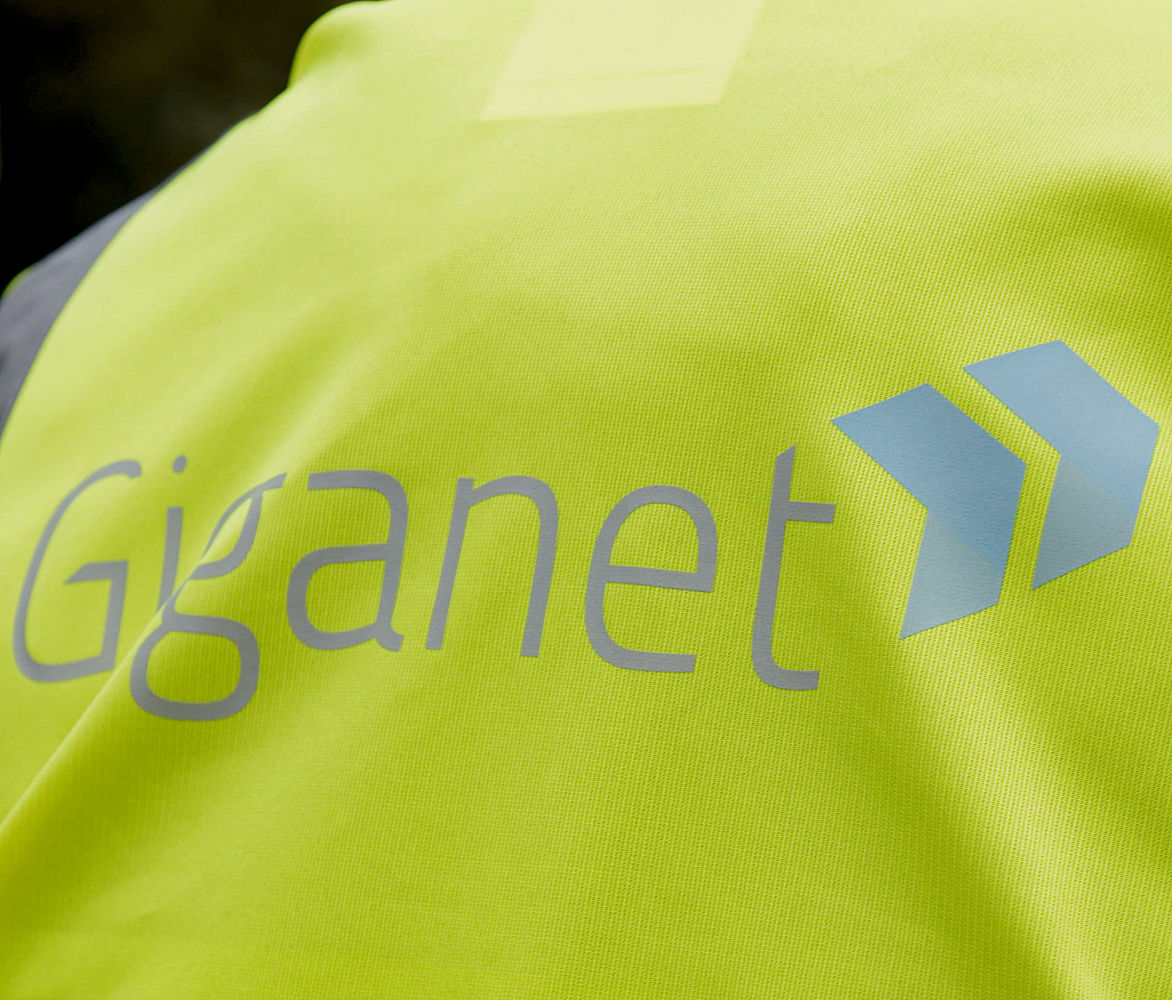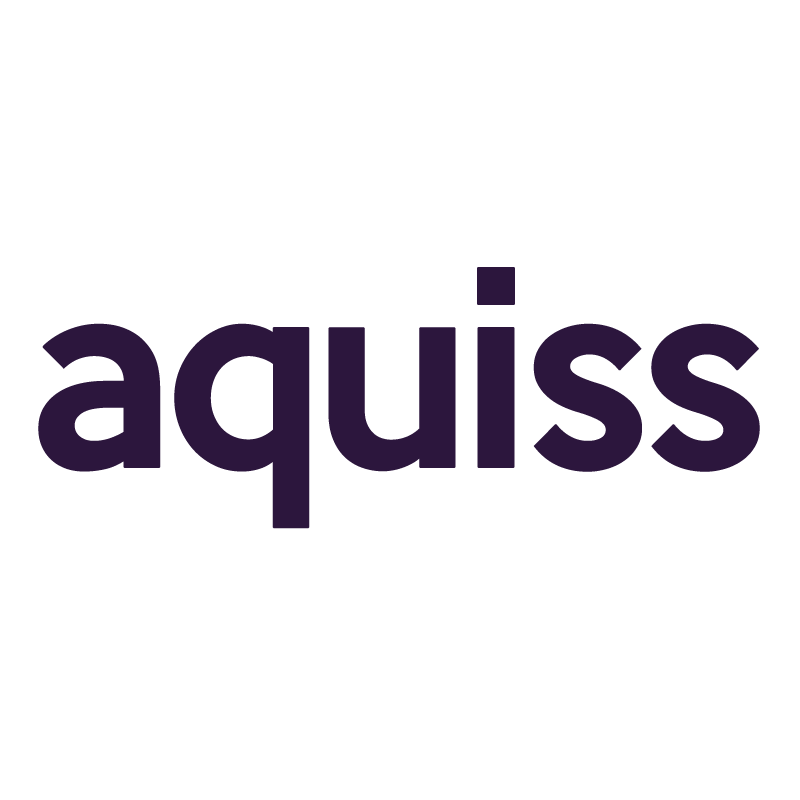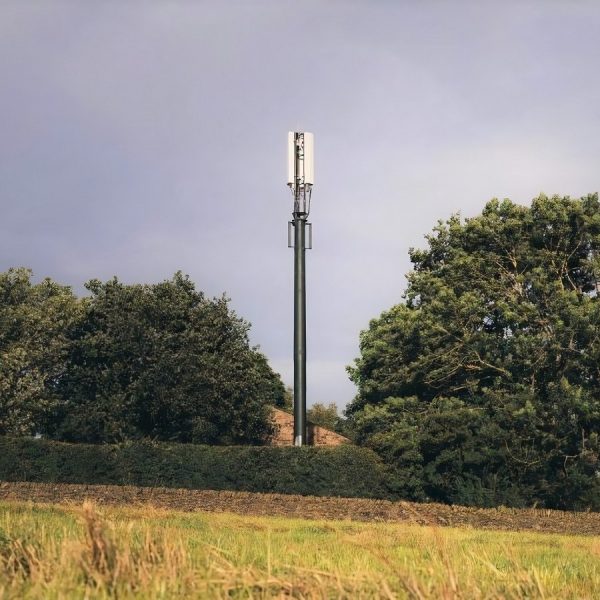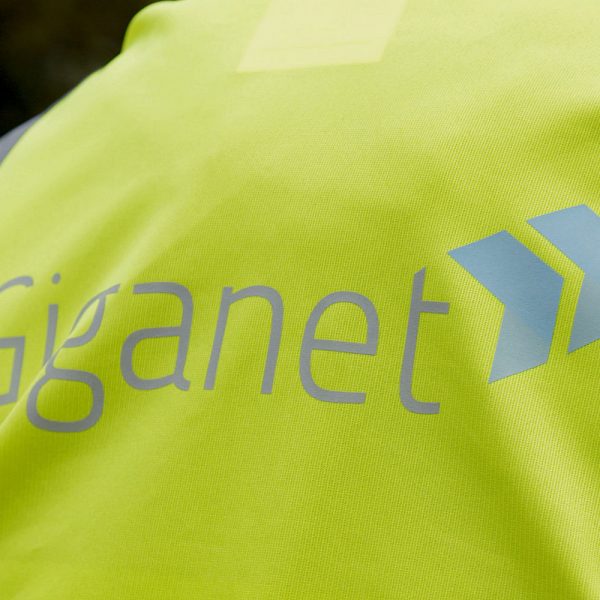Mobile Giant EE Moots Risky Network-Level Website Ad Blocking
Mobile operator EE has threatened to become one of the first Internet access providers to introduce a controversial network-level blocking system against website adverts, which has sparked a debate about the quality of advertising and raised questions over how far ISPs should intrude online.
At present all of the major UK mobile operators and fixed line providers already offer similar Parental Control features, which allows their subscribers to block websites that feature adult Internet content (porn, gambling etc.). Related systems tend to attract all sorts of concerns with regards to censorship, incorrect blocks and so forth.
In a similar way most website browsers also offer ad blocking features, either as a standard option or via a free add-on / extension, although such features are often harder to find on mobile browsers than their desktop counterparts. However EE’s CEO, Olaf Swantee, told the Telegraph that he wants to change all that.
Olaf Swantee said:
“We think it’s important that, over time, customers start to be offered more choice and control over the level and intensity of ads on mobile.
For EE, this is not about ad blocking, but about starting an important debate around customer choice, controls and the level of ads customers receive.
This is an important debate that needs to happen soon. That’s why we’ve kicked off a strategic review internally to start considering our plans.
Not all ads are bad. When a business gets it right, it’s appreciated and sparks a connection. But when it’s intrusive or crass it can drive people crazy.“
Swantee certainly makes a perfectly valid point about overly intrusive advertising and no doubt many of you will have visited websites that almost seem to flood your screen with horrible auto-play videos, audio, pop-ups and a variety of other annoyances. Excessive advertising is thus not only annoying, but it can also gobble your data allowance.
On the other hand advertising is also the bread and butter that makes it possible to produce most of the online worlds “free” content, such as this very website and millions of others, that you can read without having to pay a fee to access. But such a model would struggle if Internet providers began to aggressively block adverts of their own accord.
Equally it would be technically very difficult to accurately micro-manage advertising on websites from a network-level environment, plus there’s a big question mark over whether any network operator should be going as far as EE seems inclined to do.
A lot of ISPs like to claim that they are only “mere conduits” of information, which can be a useful and truthful defence when one of their customers shares illegal content or commits a cyber-crime, but increasingly some providers are being put under pressure to control we can and cannot see or do online and today’s news may also impact upon that.
In this instance EE seems to be seeking to enforce good behaviour from advertisers, rather than block them altogether, which is noble but may be fraught with difficulty. Any attempt to impose such restricts could run into a barrage of regulatory and legal problems, depending upon its implementation. Lest we not forget Europe’s new Net Neutrality rules (here and here).
On the other hand an optional blocking system, which only targets the most intrusive of adverts, certainly does have its merits (this seems to be what EE are considering). But who then decides which adverts are intrusive and how would such a system be managed (assuming it could even work)? Automated ad blocking can also affect other systems on a website too, they don’t always function as intended.
Ultimately any provider that adopted such a service would no doubt be very attractive to subscribers, but they could also use that position to hold advertisers to ransom by forcing them to pay up if they want their adverts to remain visible. The big ad giants of course also have a lot of influence, with Google owning a huge lump of online content and being linked to the Android operating system behind many Smartphones.
Mark is a professional technology writer, IT consultant and computer engineer from Dorset (England), he also founded ISPreview in 1999 and enjoys analysing the latest telecoms and broadband developments. Find me on X (Twitter), Mastodon, Facebook and Linkedin.
« South Wales Police Arrest TalkTalk’s Suspected Ransom Demander
Latest UK ISP News
- FTTP (5515)
- BT (3514)
- Politics (2537)
- Openreach (2297)
- Business (2262)
- Building Digital UK (2244)
- FTTC (2043)
- Mobile Broadband (1973)
- Statistics (1788)
- 4G (1664)
- Virgin Media (1619)
- Ofcom Regulation (1461)
- Fibre Optic (1395)
- Wireless Internet (1389)
- FTTH (1381)
























































Comments are closed